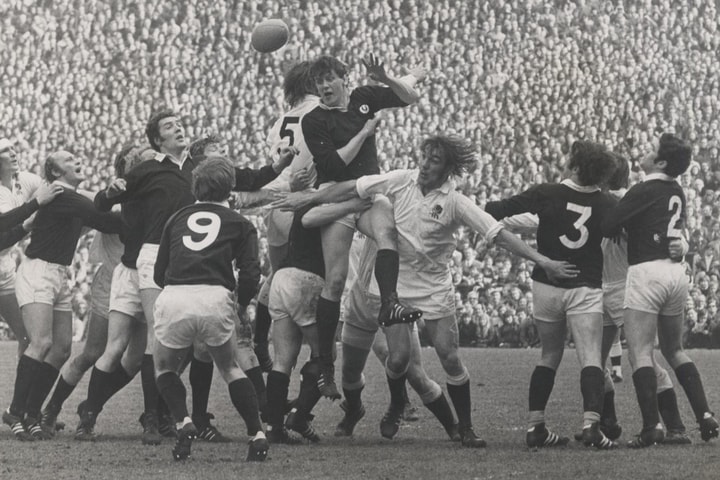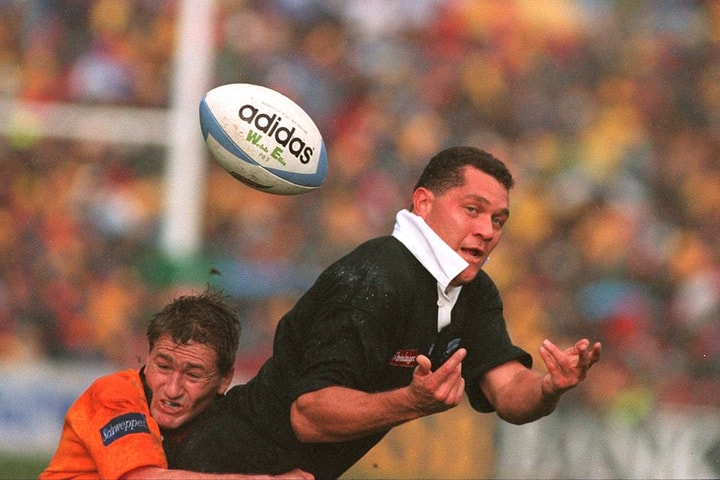As the 2023 Six Nations Championship approaches, the sense of anticipation that pervades this great competition builds as it has done every January for more than 130 years.
Rugby lovers, journalists and historians still argue over the finest sides that this long-running championship has produced. If you are an England supporter, the early 1990s in which England won two consecutive Grand Slams and reached a World Cup final, and the early 2000s where, although there was only one Grand Slam, the holy grail was reached with the World Cup triumph in Sydney are strong contenders. In the days before the Rugby World Cup when the International Championship was the principal rugby union competition, there was one illustrious period in English rugby in which two outstanding players played their parts in one of England's greatest eras.










